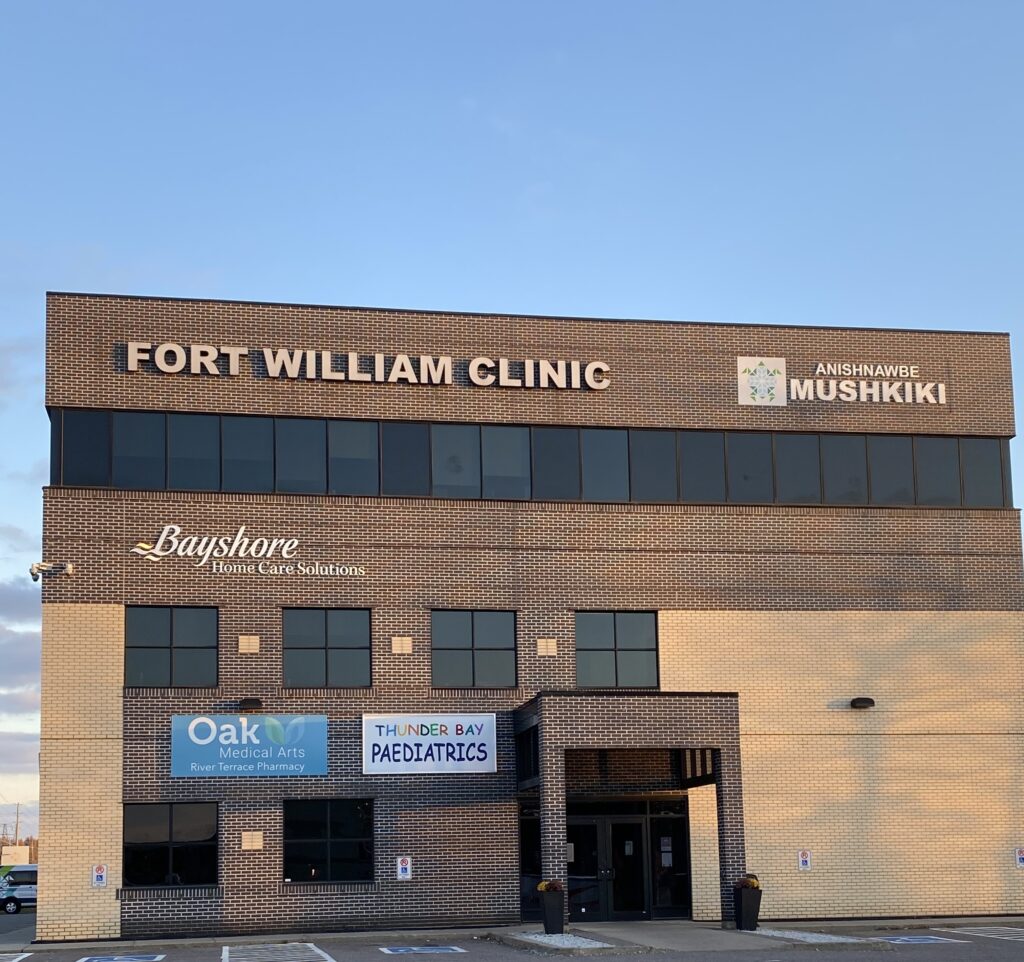Nursing in the North
Nov. 10, 2023
As a Georgian student, you have the opportunity to practise what you learn in the classroom in real-world environments through work-integrated learning experiences (WIL). WIL experiences help you build confidence and the skills you need to succeed in your placements and post-graduation.
Recently, a student in the Practical Nursing program participated in the Northern Ontario Clinical Experience Bursary that was funded by Co-operative Education and Work-Integrated Learning Canada (CEWIL Canada) iHUB.
The $1,800 bursary helped reduce financial barriers associated with relocating to northern Ontario for this unpaid clinical experience.
Stacy Soper who’s currently completing her final 450-hour placement at Bayshore Home Care Solutions in Thunder Bay, shared more about her clinical placement experience and how the bursary was able to help cover some costs.
Why did you choose to study at Georgian?
I was fortunate to have Georgian in my hometown and didn’t have to travel as some of my classmates did. I also did the Personal Support Worker (PSW) course in 2001 and did my upgrading for this program in 2018. I also must give credit to my professors and clinical preceptors.
What drew you to the Practical Nursing program?
I like that Owen Sound is a smaller campus than Barrie. It’s more personable. I’ve been in healthcare for more than 20 years. I’ve always wanted to be a nurse, but the timing wasn’t right for me until a couple of years ago. That said, I met some great people I consider friends and coworkers.
What have you liked best about your placement so far? Any stories or memorable moments?
My placement preceptor has been amazing and quizzes me daily, which keeps me on my toes. The community setting is different than others I’ve been in before. At first, I wasn’t too sure what to expect with clients, traveling and charting.
I wouldn’t have had the experience anywhere else to see what happens when patients go home from the hospital and see children in school for diabetic management. When you see clients in the community you’re going to their homes and seeing the personal part of their story. When you visit someone every day or every other day, they trust you to be there for them and offer a service so they can still live at home and not be in the hospital.
What drew you to apply for the Northern Ontario Clinical Experience Bursary? How has it helped you?
When I received the email about this experience, I sent it to my brother and the first words out of his mouth were “APPLY FOR IT.” I didn’t even give it a second thought. My spouse and I have been wanting to move to Thunder Bay for the past couple of years and this experience gave me the opportunity to travel, see the area and experience something out of my comfort zone, as I’ve been in long term care for 23 years.
Say yes to every opportunity, even if it’s being able to just observe.
Since my praxis is so far away from my home (16 hours), this bursary helped me pay for my gas and book hotel rooms during the drive. I was also able to buy some medical items that weren’t available during other placements, since being in the community you rely on bringing your own equipment such as surgical scissors, tape and an oximeter.


What has been the most challenging part of your placement experience?
The most challenging part of this placement is being away from my family, but I’m glad I was able to be a part of it.
What skills from your Georgian program do you apply on the job?
My other clinical placements have prepared me for my final rotation with having the ability to use my critical thinking skills and work on my time management skills. I’ve had the opportunity to demonstrate leadership using my own skills, knowledge and judgement. Learning hands on has been the best approach for me.
What does a typical placement day look like?
My day starts at 8:30 a.m. and I usually see a couple of patients before 10:45 a.m. At that time, I go to the school and supervise diabetic patients with insulin and visit three more schools after. There are six kids in total and five that need diabetic management, and one supervising a child cleaning a port. After 1:30 p.m. we see patients in their homes; some weeks I visit patients at later times than others. If patients need supplies we order them at the office and the supplies get delivered to their home so the next nurse has them.
What have you learned during your placement that you can’t in the classroom?
What you can’t learn in class is the interpersonal skills with health teaching to patients and more of the medication administration. Even though there’s a skills lab, it’s still different from in person as people can be more unpredictable, especially if you have someone with an illness. This is where your interpersonal skills are important. I also see different equipment than in the hospital or long-term care. The way we set up the equipment depends on the facility.
What do you hope to do after graduating from Georgian?
I hope to have a position in a hospital part-time and work in long-term care or community nursing.
Any advice for future/current students?
Since the beginning of the practical nursing program, I was always told by my coworkers who went through the program to take advantage of every opportunity that was offered. So that’s what I did. I’ve carefully chosen each clinical placement of where I wanted to be.